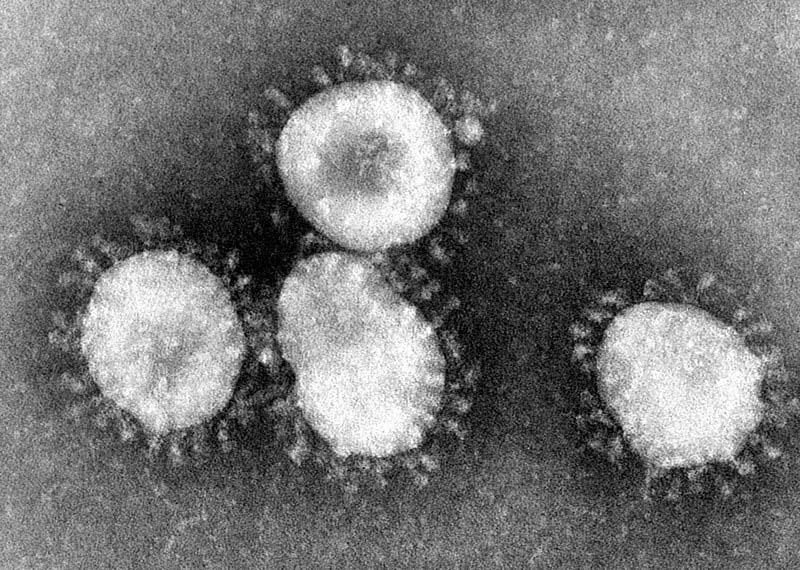Pitt cancels most spring break study abroad programming in wake of coronavirus crisis
Photo via Dr. Fred Murphy | CDC
Pitt announced it is reviewing its pandemic preparedness plan, which includes setting up a centralized website for reliable updates about the SARS-CoV-2 coronavirus.
March 3, 2020
Pitt students looking to fly out of the Steel City over spring break for study abroad will now be grounded, following a new directive from University administrators.
Provost Ann Cudd announced Tuesday afternoon that Pitt has cancelled all University-sponsored spring break study abroad and spring break study away programs that require air travel, which will affect 162 students. The announcement comes in the wake of the worsening global SARS-CoV-2 coronavirus crisis, which has thus far claimed more than 3,100 lives.
She also expanded a mandatory recall to 27 students currently studying abroad to include those in France, Germany and Spain. Pitt said last Friday that it was mandating 41 students in Italy, South Korea and Japan return home “as soon as practicable.”
After arrival, the University is asking students to practice social distancing, a virus containment technique where a distance of 3 feet is maintained from people who are coughing or sneezing, for 14 days. Pitt previously announced last month all study abroad programming in China for the term has either been cancelled or had the location changed.
Cudd said in the announcement that the decision is not one the University takes lightly.
“We know that they will have numerous implications for the students and faculty whose travel plans will now change,” Cudd said. “We feel that it is prudent to be cautious and to take all reasonable precautions to protect our community. We also hope to avoid the potential for any member of our community to become stranded abroad, should circumstances shift suddenly.”
Cases of the virus, and the COVID-19 disease it causes, have been reported in more than 45 countries around the world. The University, as well as the City, announced last Thursday that they have each updated their pandemic preparedness plans and are ready for a possible coronavirus outbreak.
After last Friday’s meeting of the Board of Trustees, Chancellor Patrick Gallagher said the University has taken a “hope for the best, prepare for the worst” posture.
“Since the risk is so variable, we’re leaning on the [U.S. Centers for Disease Control and Prevention], the World Health Organization and tying our response to what they’re doing,” Gallagher said. “The situation could be entirely different tomorrow. It’s an evolving situation.”
Pitt researchers are working to alleviate the spread of the disease. At a Senate Council meeting on Feb. 13, Paul Duprex, the Jonas Salk chair for vaccine research and director of Pitt’s Center for Vaccine Research, said Pitt scientists will receive samples of SARS-CoV-2 to develop a vaccine or other intervention method.
Duprex said vaccine development will not be easy, but it is important work.
“We have a disease which is new, we have a disease which is spreading and we have no ability to intervene in that infection,” Duprex said.
Pitt students can contact the Student Health Service at 412-383-1800, and Pitt faculty and staff can contact the Employee Health Clinic at 412-647-4949.








